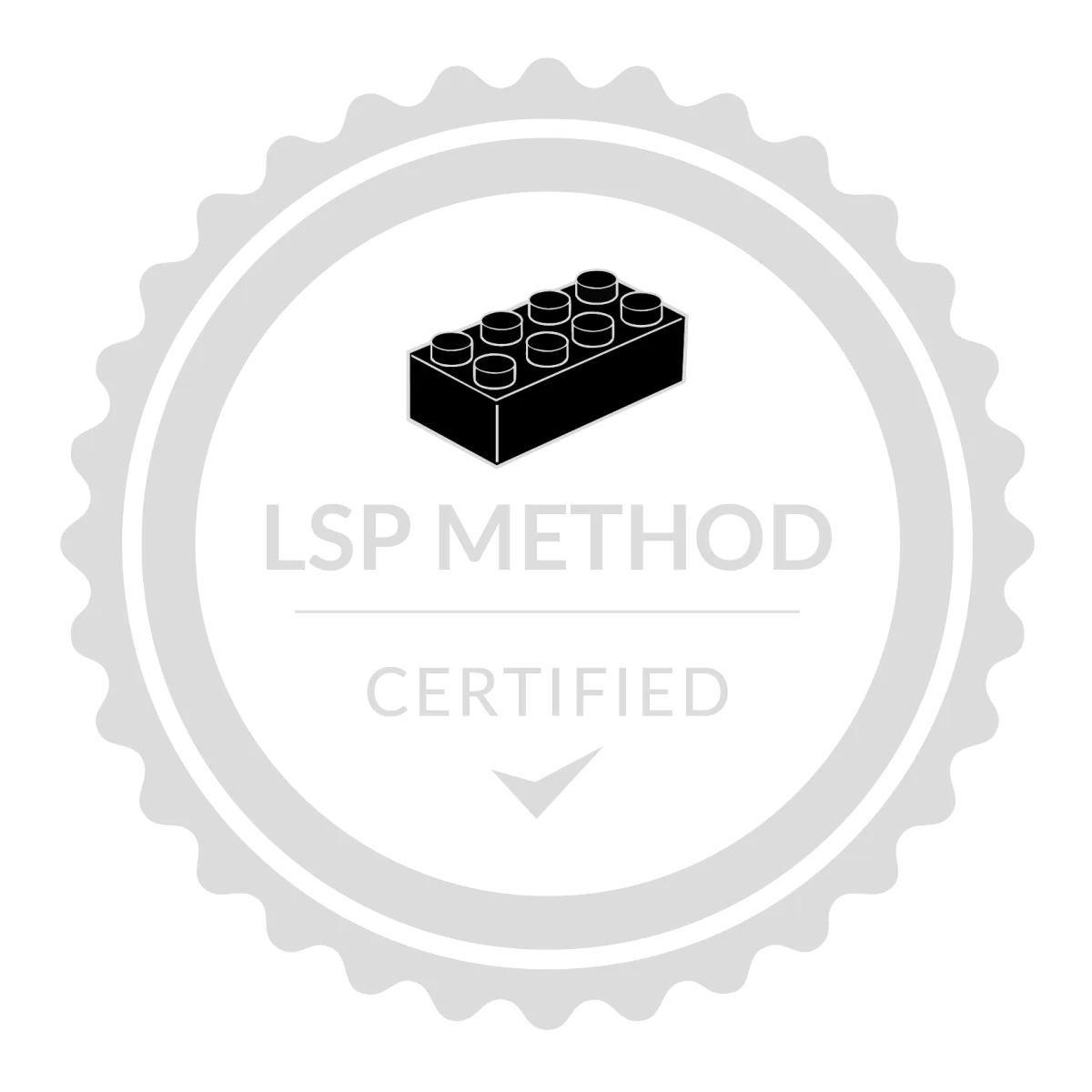Blog - Reflejos

Imposter Syndrome: What is it and How do I Mitigate It’s Impact?
Imposter Syndrome: What is it and How do I Mitigate It’s Impact?

The doors opened and guests were let in. I remember vividly walking into the room and then it hit me. Those thoughts I had learned early in my career to suppress. The ones my mentors of color had told me to not let get the best of me. What were they? “You don’t belong here.” “This is a room full of White important people, what are you doing here?” “What makes you think your research matters?” I was devasted as I heard these messages in my thoughts. There it was again IMPOSTER SYNDROME.
I remember the day that imposter syndrome crystalized for me. I had just completed my dissertation process and was a newly minted doctor. I was invited to present my findings at a university college presidents conference. When I was asked to deliver it, I was ecstatic! The research I had done was vital for institutions that wanted to move from performative statements to sustainable change. I was going to have a chance to present this to institutional leaders that I believed needed to hear what I had to say. I was excited about this opportunity. I packed the best suit that I had and refined my PowerPoint slide deck. I arrived at the hotel, one of the best in Washington DC. I remember checking in and saying to myself. “I have arrived.” I got checked into my room and went for a walk. On my walk I reflected on this opportunity. As a first-generation college graduate and a son of immigrants from Mexico I was relishing this moment and what it meant to me and all those that came before me. After my walk I went back to my hotel room, as there was an opening dinner, I had to get ready for. I put my suit on and went down to ballroom.
The doors opened and guests were let in. I remember vividly walking into the room and then it hit me. Those thoughts I had learned early in my career to suppress. The ones my mentors of color had told me to not let get the best of me. What were they? “You don’t belong here.” “This is a room full of White important people, what are you doing here?” “What makes you think your research matters?” I was devasted as I heard these messages in my thoughts. There it was again IMPOSTER SYNDROME. Many of you reading this can share a similar story. Perhaps you walked into a board meeting where you were the only woman, person of color, member of the LGBTQ + community, or another historically marginalized community. These thoughts are real and can be challenging to overcome.
What is Imposter Syndrome?
Dr. Pauline Clance in 1978 identified imposter syndrome in working with high successful woman who believed that they were not worthy of their success and say themselves as “frauds.” She went on to say that the women she was working with put pressure on themselves to maintain their façade by trying to maintain a high level of perfectionism and that they suffered from workaholic tendencies. Recently their work has been expanded to include people of color and members from other historically marginalized groups.
Valerie Young in 2011 found that there are five types of people who suffer from imposter syndrome. They are the following:
The perfectionist
They always look for things to go “perfectly”. Their main concern is “how” something is done. A slight error or defect is enough to classify it as a failure and it leads to feelings of shame and guilt.
The expert
Experts seek to know everything. Their main concern is about “what” and “how much” they know or can do. In the face of even the slightest lack of knowledge about something they feel like a failure.
The soloist
They need to do things alone without help from anyone. Their main concern is “who” completes the work. If someone helps them, they interpret it as a sign of their weakness and failure.
The natural genius
They aim to achieve their goals quickly and effortlessly. They begin to doubt themselves and feel very ashamed when things start to get difficult, they can’t achieve it in their first try.
The Super Man / The Super Woman
Their success is based on how many different roles they can play. They need to be a good father/mother, son, partner, boss, brother, and/or friend, among others. They always work longer and do not take days off. If they can’t play any of the many roles perfectly, they feel like a complete fraud.
Chances are you can put yourself in one of these roles.
How do you know you might have Imposter Syndrome?
In 1985 Dr. Clance developed an assessment to help people determine if they have characteristics of Imposter Syndrome. Here are three questions from the assessment.
I have often succeeded on a test or task even though I was afraid that I would not do well before I undertook the task.
When people praise me for something I’ve accomplished, I’m afraid I won’t be able to live up to their expectations of me in the future.
I’m afraid people important to me may find out that I’m not as capable as they think I am.
If you would like to download the entire assessment you can do so by using the following link.
Strategies to Mitigate Impact
There are steps you can take to curtail the impact of Imposter Syndrome. Here is a list of things that can be done that I have learned along the way from person experience, reading, and working with a mentor or coach.
• Recognize imposter syndrome when it emerges
• Rewrite your mental program (growth mindset versus a limiting mindset)
• Talk about your feelings (therapist, partner, or community)
• Consider your context (reflect on what you are experiencing and write it down)
• Reframe failure as a learning opportunity (growth mindset)
• Be kind to yourself (self-care)
• Seek support (community)
• Visualize your success
I can say that from experience no matter how many years of experience and all the work you may do to mitigate its impact it still happens. The key is to learn the steps and develop the muscle memory to help you overcome the challenges that imposter syndrome poses.
I would encourage you to reach out to me if you would like to learn more about how professional coaching can help you in mitigating its impact.
I listen, bring clarity, provide support: Apoyo Coaching and Consulting






